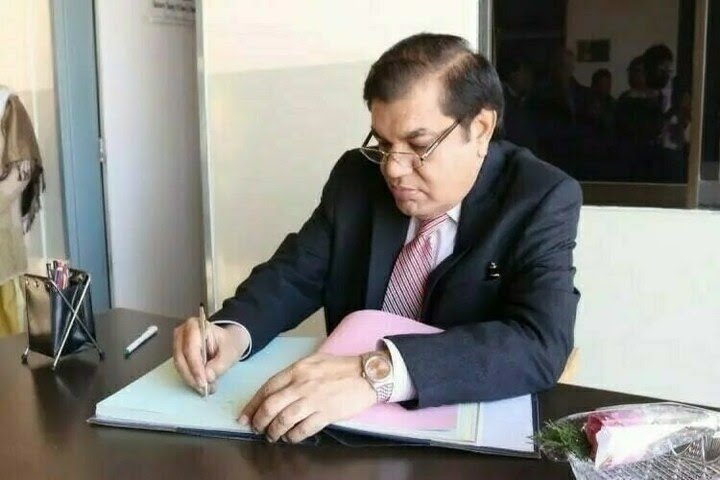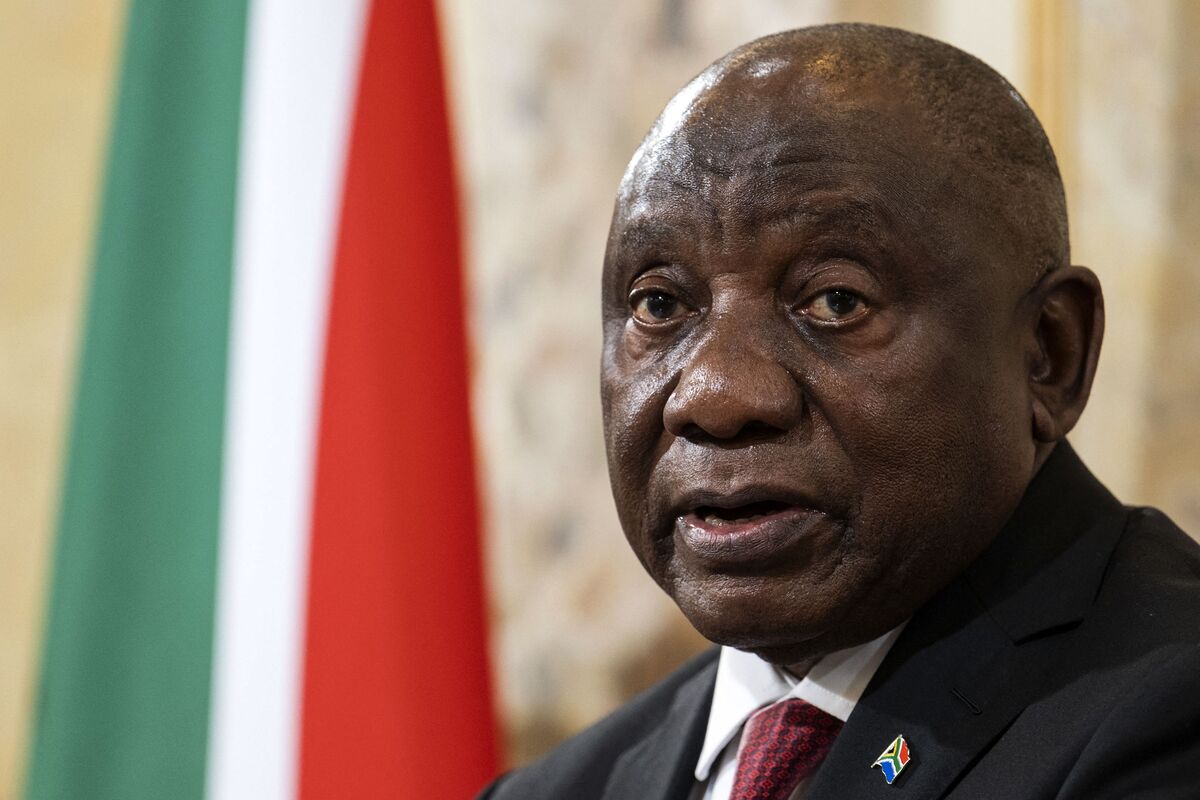Copyright thedailycpec

KARACHI: Mian Zahid Hussain, President of the Pakistan Businessmen and Intellectuals Forum and Chairman of the National Business Group Pakistan, underscored the transformative impact of the China-Pakistan Economic Corridor (CPEC) Phase II in redefining Pakistan’s economic trajectory. He noted that CPEC’s first phase resolved the country’s energy crisis and established key infrastructure, while Phase II represents a strategic pivot toward industrial collaboration, technological innovation, and sustainable development. According to Hussain, this shift can turn Pakistan into a self-sufficient industrial and agricultural economy, driven by exports and knowledge-based growth. Highlighting the role of Special Economic Zones (SEZs) such as Rashakai and Allama Iqbal Industrial City, he said these hubs will attract foreign investment, facilitate technology transfer, and create millions of skilled jobs by 2030. “Focusing on high-value industries and incentivizing Chinese enterprises can strengthen Pakistan’s global value chains,” he emphasized. Hussain further pointed out the agricultural potential within CPEC II, noting that agriculture contributes 25% to GDP and employs 37% of the workforce. Through modern irrigation and precision farming, CPEC II can trigger a new ‘Green Revolution,’ enhancing productivity and export competitiveness. He praised CPEC II’s alignment with Pakistan’s “Five Es” Export, Energy, Equity, Environment, and Education particularly through initiatives like the Livelihood and Green Corridors that promote inclusive, eco-friendly growth. Calling for consistency in economic policies, Hussain stressed the need to enhance utilities in SEZs, simplify joint venture rules, and improve vocational training. He said public-private-academic collaboration is vital to make Pakistan a regional hub for trade and manufacturing. Related stories



